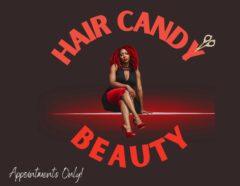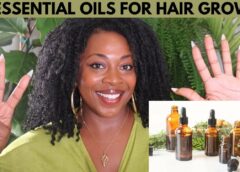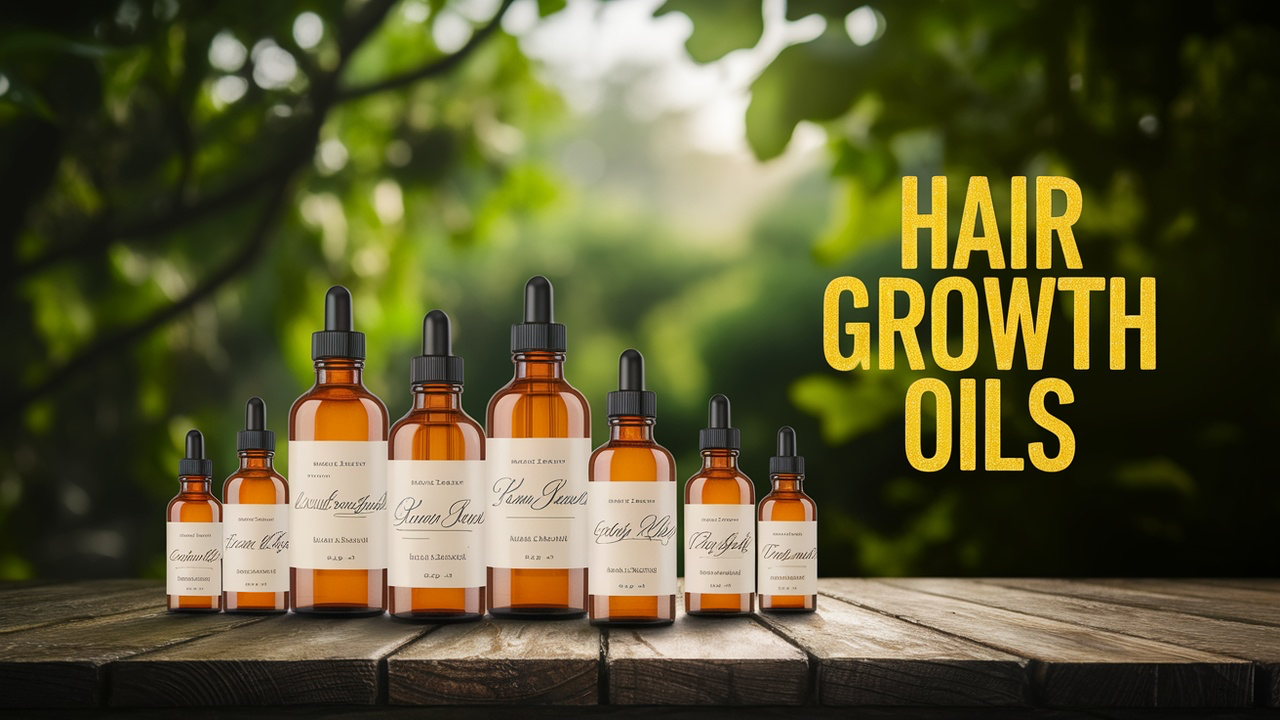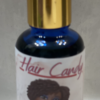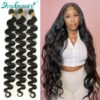I’m going to walk you through what an oily scalp really is and why it happens. An oily scalp isn’t just about hair that looks greasy; it’s a sign that your sebaceous glands are working overtime. These glands, tasked with secreting natural oils known as sebum, can sometimes go into overdrive due to factors like genetics or hormonal changes.
You’re going to find out about the role of hormones and heredity in this process. It isn’t just about bad hair days; there’s a science to why some people’s scalp produce more oil than others. Genetics often play a critical role, and hormonal fluctuations, especially during puberty, pregnancy, or periods of stress, can amplify oil production.
This isn’t just about a cosmetic issue, though; it’s also about busting myths. Many believe that frequent washing can solve the problem, or that oily hair is a result of poor hygiene. Guess what? They aren’t necessarily true. Over-washing can strip your scalp of essential oils, leading to even more oil as your scalp tries to compensate.
In my opinion, the daily impact of an oily scalp is not to be underestimated. It can affect how you feel about your appearance and even how you interact socially. An oily scalp can also pose a challenge in professional settings where a neat appearance is often important.
Don’t worry too much about being stuck with a greasy look forever. You can always adjust your approach down the road. As we transition into recognizing the signs of an oily scalp, it’s important to remember that knowledge is power. With the right information, managing an oily scalp becomes much easier.
Signs You Have an Oily Scalp: Recognizing the Symptoms

If you frequently find yourself fighting a losing battle with greasy hair just hours after washing it, you might have what’s known as an oily scalp. It’s a condition marked by an excess production of sebum, the natural oil that’s meant to keep our hair healthy and shiny. But how can you tell if what you’re experiencing is a natural level of oiliness or something that requires a change in your hair care practices?
First off, it’s crucial to distinguish between hair that looks ‘lived in’ and locks that appear perpetually soaked. An oily scalp can leave your hair looking lank, clingy to the scalp, and sometimes it might even feel a bit heavier due to the oil buildup. You might also notice that this extra oil is a magnet for dust and pollutants, leading to an increase in hair washing than usual.
It’s when this oil production becomes a visible issue that you might consider getting some professional advice. Dermatologists can help you understand if your oily scalp is due to a skin condition like seborrheic dermatitis, hormonal changes, or if it’s simply genetic.
The environment plays a role, too. High humidity can make your scalp sweat and look oilier, while pollution can clog your pores, leading to increased sebum production. Lifestyle factors, such as diet and stress, also have a hand in how much oil your scalp produces. Recognizing these signs and understanding the contributing factors helps pave the way towards effectively managing an oily scalp.
Tailored Hair Care: Routine for Managing an Oily Scalp

Effective hair care starts with the right routine. I’m going to help you create one that’s specifically designed for people with an oily scalp. This isn’t just about choosing any shampoo; it’s about finding the right one that cleanses without stripping away necessary moisture.
You’re going to find out about selecting hair care products tailored for oily scalp. It’s crucial to use products formulated to balance oil production rather than exacerbate it. Look for labels that say ‘clarifying’, ‘balancing’, or ‘oil control’ as a starting point.
How often to shampoo can be a tricky question. If you shampoo too frequently, you might strip the scalp of its natural oils, causing it to produce even more. Yet, if you don’t wash enough, oil builds up. I’ll guide you to strike the balance based on your scalp’s specific needs.
You can always adjust your approach down the road, but incorporating natural remedies such as apple cider vinegar rinses or tea tree oil can play a role in regulating oil production. Remember, what works for one person might not work for another, so choose something that resonates with you.
Preventive Measures and Long-Term Scalp Health
If you’re managing an oily scalp, it’s not just about what you put on your hair; it’s also about your overall lifestyle. Your diet plays a significant role in the health of your scalp. Foods high in processed sugars or fats can trigger an increase in oil production, so opting for a balanced diet rich in fruits, vegetables, and lean proteins can make a considerable difference.
You’ve probably heard it a thousand times before — regular exercise is key to your health. Well, guess what? It’s true for scalp health as well. Exercise increases blood flow to your scalp, promoting healthier hair growth. It also helps manage stress, which can be a big trigger for oil production.
That brings us to stress management. A hectic lifestyle can send your body’s oil production into overdrive. Integrating stress-reduction techniques like meditation, yoga, or even simple breathing exercises into your daily routine can help keep your scalp’s oil levels in check.
Now, despite everything you do at home, sometimes it’s just not enough. That’s when you should consider seeing a specialist. Trichologists can offer tailored treatments and professional advice to maintain your scalp’s health over the long term. They can be a game-changer, especially if you’re struggling with oiliness despite your best efforts.
Wrap things up with regular scalp check-ups; think of them as the equivalent of dental check-ups but for your hair health. Being proactive with your scalp care can prevent problems before they start, and keep your hair looking its best. Don’t worry too much about perfection, but do give your hair the ongoing attention it deserves.
Based on the information sourced from Amazon and various online resources, here are some of the best haircare products for oily scalp available on Amazon that can contribute to preventing hair breakage:
- Neutrogena Exfoliating Healthy Scalp Clarify & Shine Shampoo
- Designed for oily hair and scalp, this shampoo is formulated to clarify and promote a healthy scalp, which can help prevent hair breakage.
- Maple Holistics Clarifying Shampoo
- Highlighted as Amazon’s Choice, this clarifying shampoo is well-rated and designed to provide deep cleansing for oily hair and scalp care.
- Suave Essentials Daily Clarifying Cleansing Shampoo
- Mentioned as the best overall shampoo for oily hair by professionals, this product can aid in cleansing and preventing hair breakage.
- Histemo Ultra Scalp Care Shampoo
- This highly effective DHT blocking shampoo is designed to promote hair growth and prevent hair loss, catering to oily scalp care.
- Tea Tree Special Shampoo
- Known for its ability to deep clean and refresh the scalp, this shampoo is especially beneficial for those with oily hair, promoting overall hair health.
These products are recommended for their potential to aid in maintaining a healthy scalp, which in turn can contribute to preventing hair breakage. Always review the product details and conduct a patch test if necessary before regular use.
